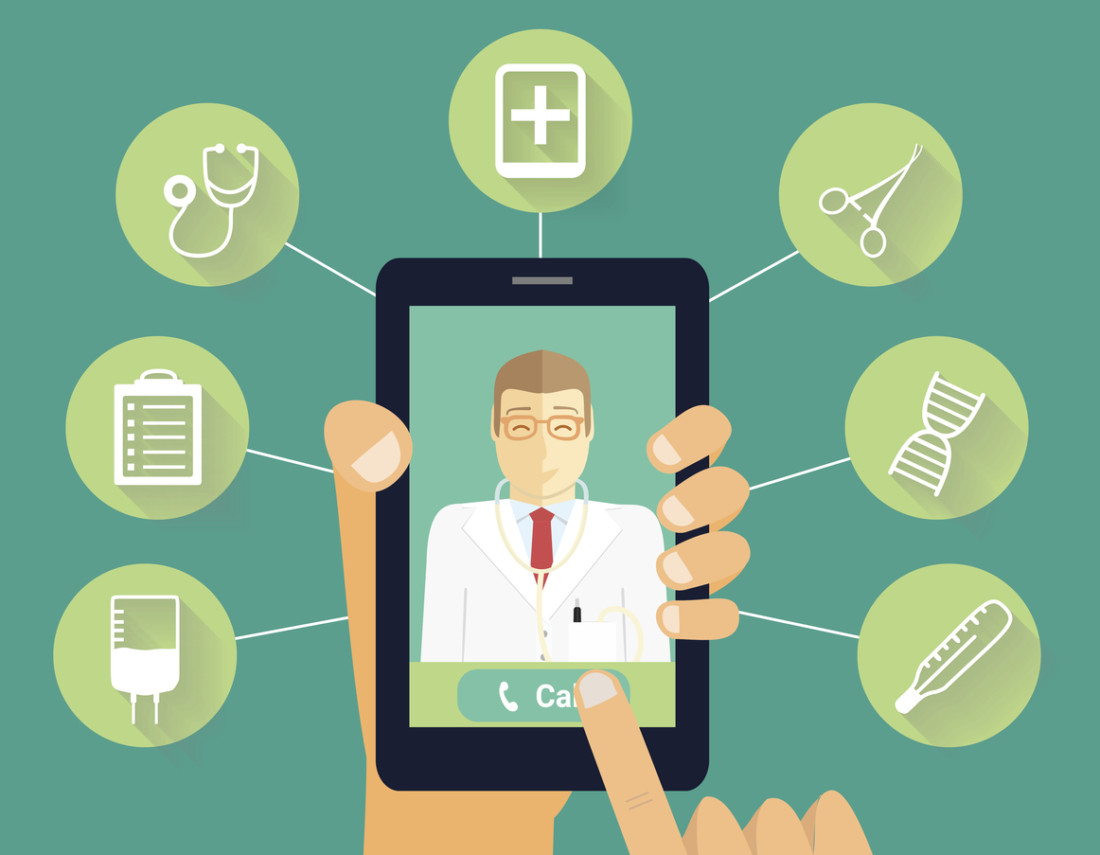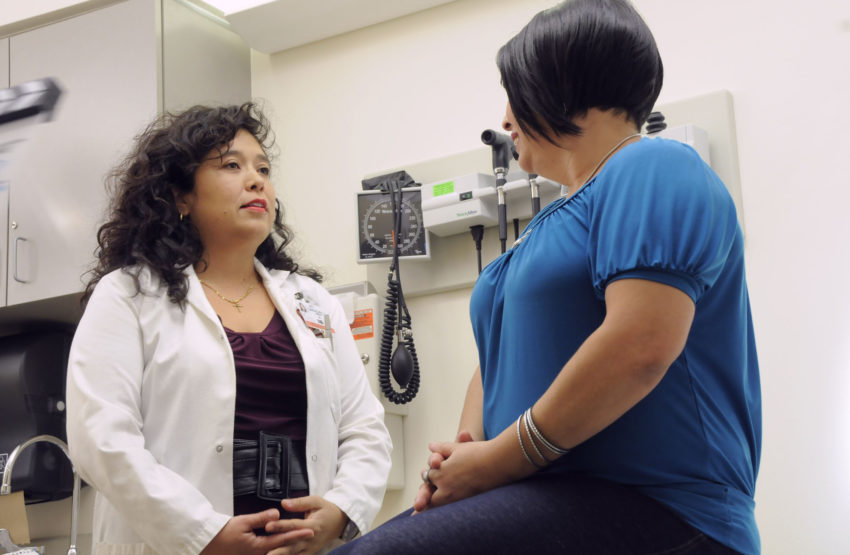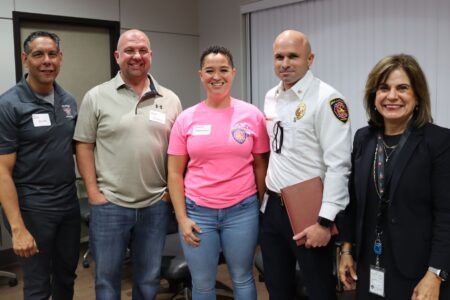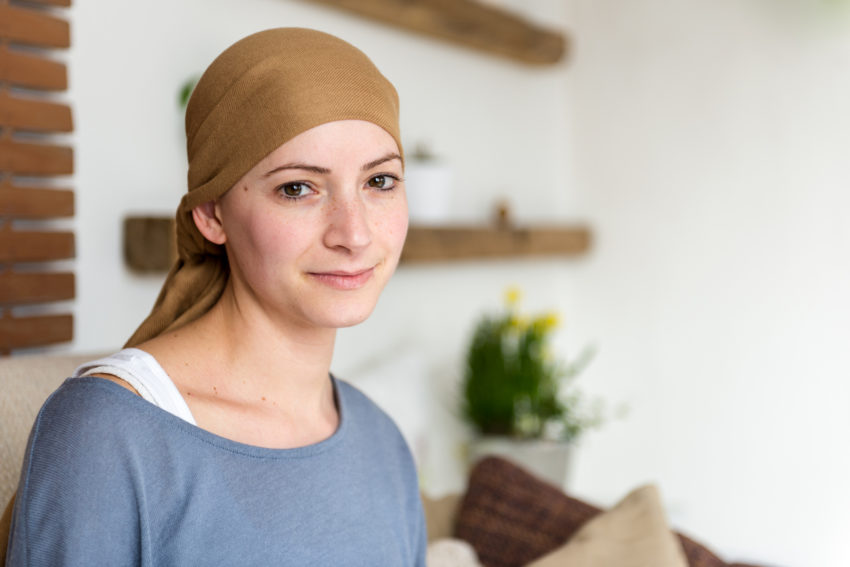
Share On Social!
Cancer patients are at higher risk for the new coronavirus COVID-19, as well as more severe outcomes of the diseases, than those without cancer, health experts say.
What does this mean for your cancer journey?
For treatment? Screening? Clinical trials? Latinos and vulnerable populations?
“We don’t want to be overly alarming, but the truth is that Latino and all cancer patients should be concerned about COVID-19 because they are at higher risk,” said Dr. Amelie G. Ramirez, leader of Salud America! and associate director of community outreach and education at the Mays Cancer Center at UT Health San Antonio. “So we want to help spread truthful, equitable information that will help all cancer patients in their journeys.”
Here are some important issues for cancer patients and survivors.
What is Coronavirus COVID-19?
COVID-19 actually stems from a class of viruses known as coronaviruses.
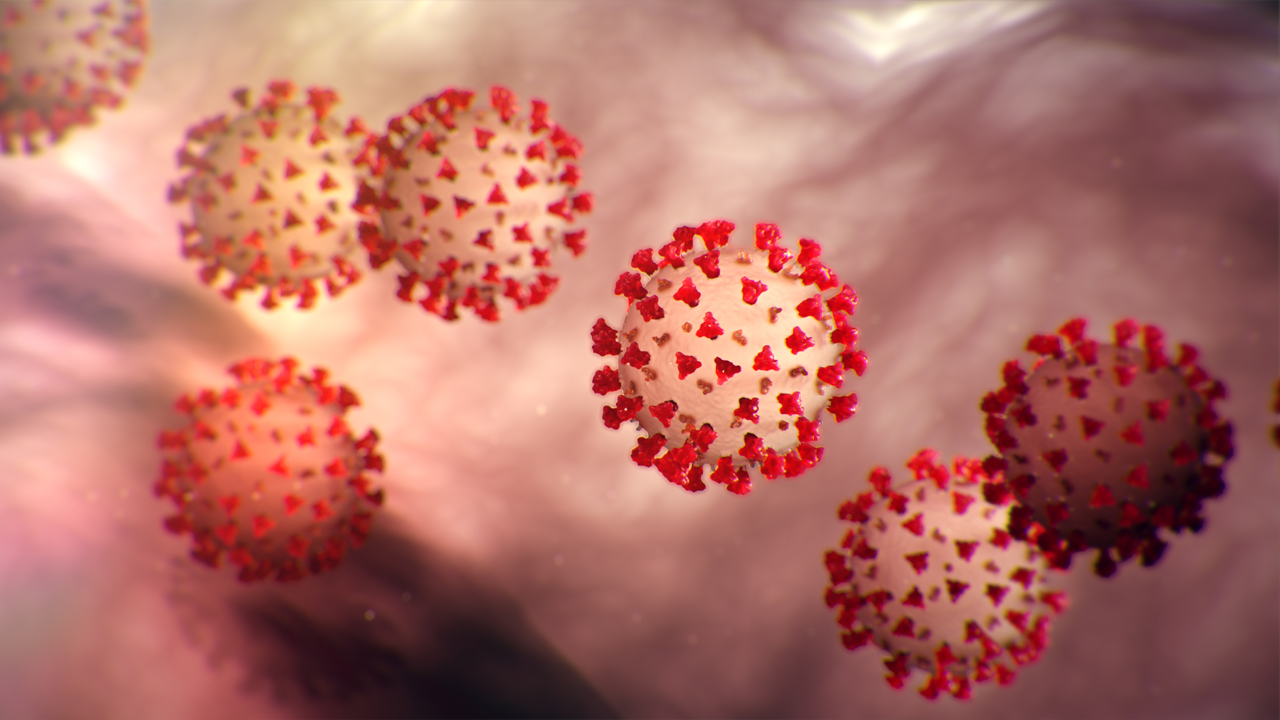 These pathogens can infect humans in many ways — from causing the common cold to respiratory issues.
These pathogens can infect humans in many ways — from causing the common cold to respiratory issues.
“The complete clinical picture with regard to COVID-19 is not fully known,” according to the CDC. “Reported illnesses have ranged from very mild (including some with no reported symptoms) to severe, including illness resulting in death.”
Here is more information in English or Spanish.
How is Coronavirus COVID-19 Impacting Certain Groups Differently?
We must work hard to protect those most vulnerable to coronavirus.
These include older adults and those with underlying conditions:
- Cancer
- Diabetes
- Hypertension (high blood pressure)
- Heart disease
- Chronic respiratory disease (such as lung disease or asthma)
- HIV/AIDS
Smokers also are at high risk. Younger adults and those in rural areas aren’t off the hook, either.
Historic inequities are exacerbated. For example, Latinos are already the most uninsured group. They continue to share a disproportionate burden of diabetes, obesity, and other conditions.
We are all in these uncharted pandemic waters together.
How is Coronavirus COVID-19 Impacting Cancer Patients?
Cancer is the No. 1 cause of death for Latinos.
Latinos have higher rates of certain cancers, including gastric, cervical, gallbladder, and liver. They face a 142% projected rise in cancer cases.
Latinos and all people who are experience cancer already have a high risk of getting an infection like coronavirus, because their immune systems are weakened by cancer and its treatments.
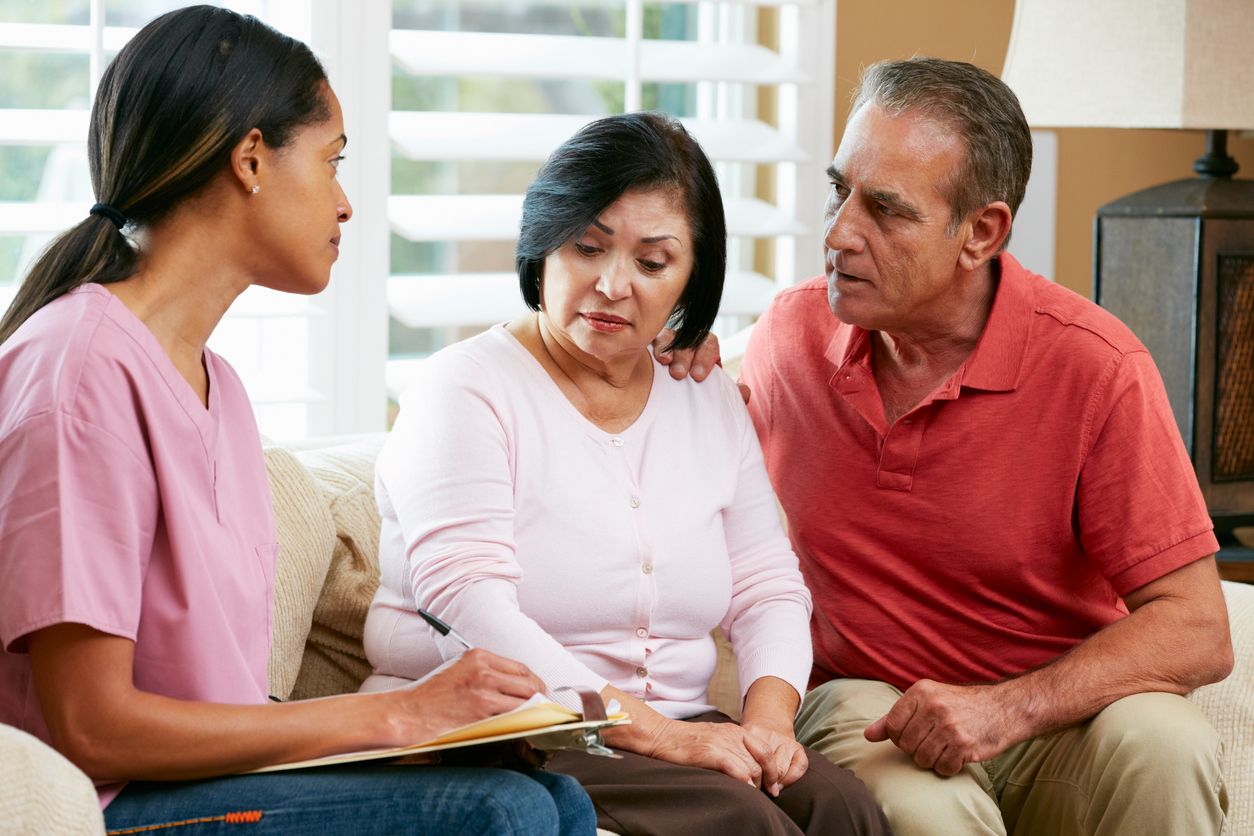 “The real risk is the consequences for someone with a compromised immune system who does contract it, as they could be much more severe than they would be for an average healthy person,” Dr. Andrew M. Evens of Rutgers Cancer Institute, told Healio.
“The real risk is the consequences for someone with a compromised immune system who does contract it, as they could be much more severe than they would be for an average healthy person,” Dr. Andrew M. Evens of Rutgers Cancer Institute, told Healio.
In an analysis of cancer patients in China, where COVID-19 originated, 6% of patients with cancer died last month compared to the .09% of those who had no underlying conditions.
“We found that patients with cancer might have a higher risk of COVID-19 than individuals without cancer,” according to a recent study in Lancet.
Expert says that people with cancer might be more likely to get coronavirus infections because of:
- Cancer itself
- Certain types of cancer treatment
- Poor nutrition
- Other health problems or medications that aren’t related to cancer
They also found patients with cancer had “poorer outcomes from COVID-19” and a “higher risk of severe events,” according to Lancet study.
How Can We Slow the Spread of Coronavirus, Especially among Cancer Patients?
Staying at home and practicing social distancing are prime ways to slow the spread of coronavirus.
For people being treated for cancer, doctors often recommend wearing a mask to help lower exposure to germs that might cause infections.
“Doctors and health officials agree the best way to prevent illness is to avoid being exposed to this virus, which is especially important for cancer patients,” according to the American Cancer Society. “Because they are at higher risk for serious illness, if they get infected, particularly patients who are in active chemotherapy and bone marrow transplant patients.”
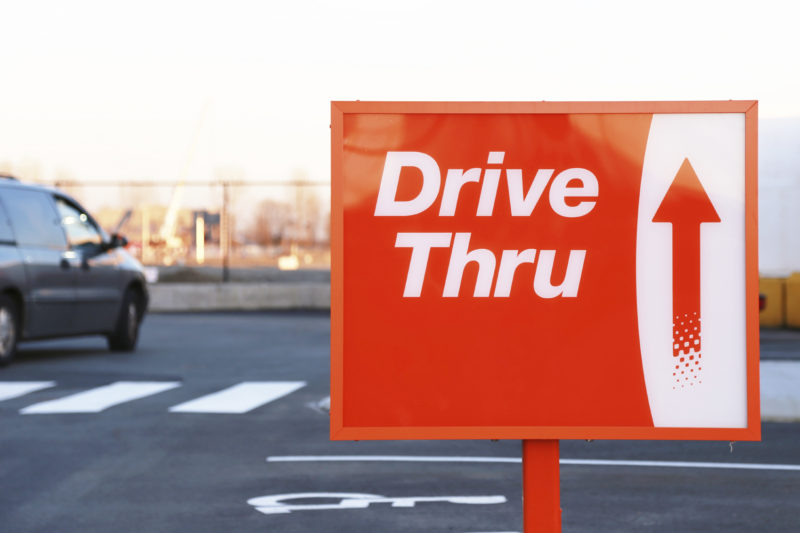 Order groceries online, order meals by delivery, or ask a friend or family to get things from the store or pharmacy, according to Tatiana Prowell, a breast oncologist of Johns Hopkins University in Baltimore.
Order groceries online, order meals by delivery, or ask a friend or family to get things from the store or pharmacy, according to Tatiana Prowell, a breast oncologist of Johns Hopkins University in Baltimore.
Use the drive-through if you must go out for a prescription or meal.
“People with cancer should really make every effort to practice social distancing since they are [at] higher risk to have severe COVID-19,” Prowell told Cancer Today Magazine.
Why does social distancing work?
”Physical distancing lowers the risk of infection and how quickly it spreads,” Matthew Katz, of Radiation Oncology Associates in Lowell, Mass., told the magazine. “At a community level, it permits health care staff to avoid being overwhelmed with a surge. If health care workers have too many people to treat at once, more people may die. Cancer patients are at a higher risk than most.”
What about Cancer Care and Treatment for Patients During the Coronavirus Pandemic?
Of course, cancer patients have more needs than groceries and prescriptions.
CDC now recommends health care facilities and doctors prioritize urgent and emergency visits and procedures for the coming several weeks, according to the American Cancer Society.
The group shared a helpful podcast with Dr. Len Lichtenfeld, its deputy chief medical officer.
Lichtenfeld said:
“We’re headed for a time when there will be significant disruptions in the care of patients with cancer. For some it may mean a delay in having elective surgery. For others it may be delaying preventive care or adjuvant chemotherapy that’s meant to keep cancer from returning.”
“It will require patience on everyone’s part as we go through this pandemic. It is important to maintain contact with your cancer care team to determine the best course of action for you. This may involve non-urgent follow up visits or talking to your care team virtually and not physically going to the clinic. So, it’s important to know who to call to reach your cancer care team to find out how to proceed.”
“These circumstances will take months to resolve, and even then, we will continue to have changes in the way cancer patients receive their treatment.”
How Are Cancer Care and Treatment Leaders Approaching the Coronavirus Pandemic?
The Seattle Cancer Care Alliance issued a report on March 17, 2020, calling the coronavirus pandemic the “health care challenge of our generation.”
“Our overarching goal is to keep our cancer patients and staff safe while continuing to provide compassionate, high-quality care under circumstances we’ve never had to face before,” said Dr. F. Marc Stewart of the alliance in a statement. “We are working around the clock to develop new guidelines and policies to address situations that we couldn’t have imagined several weeks ago.”
Stewart and the alliance expect to see staff shortages, limitations on hospital beds and protective equipment, effects from travel bans like access to international donors for bone marrow transplants, and difficult decisions around possible delay of treatment, Cancer Today Magazine reports.
“[The report authors] say that post-surgery chemotherapy with curative intent for patients with solid tumors should proceed. For patients with aggressive blood cancers, treatments like bone marrow transplants or cellular immunotherapies like CAR-T cell therapy often cannot be delayed,” the magazine reports. “Other decisions are less straightforward. The risks of treatment delays for patients with metastatic cancer will need to be considered while making decisions about chemotherapy. Delaying surgery might be warranted in some scenarios. For instance, a patient with early-stage hormone receptor-positive breast cancer might be able to delay surgery and take hormone therapy for several months.”
At cancer centers, some leaders are rescheduling noncritical visits. They also are boosting the use of telemedicine, according to Cancer Today Magazine.
“They are also taking such measures as asking patients to contact their care team in advance of coming in if they have certain symptoms, screening for symptoms of COVID-19 at entrances, limiting visitors, and canceling volunteer shifts and gatherings,” the magazine reports.
What about Preventive Cancer Screening, Like Mammograms, During the Coronavirus Pandemic?
No one should go to a health care facility for routine cancer screening at this time, according to Dr. Richard Wender, chief cancer control officer at the American Cancer Society.
If you’re due for a mammogram or other screening, postpone for the near future.
“Remember, these screening tests save lives. When restrictions lift, it’s important to reschedule any screening test that you’re due to receive,” said Wender, according to the ACS website. “Getting back on track with cancer screening should be a high priority.”
The organization adds an important note of distinction.
“Screening tests are different from tests your doctor might order if you have symptoms that could be from cancer,” they report. “If you’re having symptoms you’re concerned about, contact your health care provider about the best course of action for you at this time.”
What Kinds of Questions Should Cancer Patients Ask Their Care Team in the Time of Coronavirus?
The American Cancer Society put together a great list of questions.
- For all people with cancer or a history of cancer, or those facing a possible diagnosis. For example, in my situation, how can I prevent getting coronavirus? If I get tested and I’m negative for coronavirus, what should I do if I still don’t feel well?
- For people getting ready to have exams, tests, or surgery for cancer. For example, will having this procedure put me at a higher risk of getting coronavirus or COVID-19? Is telehealth available so I get care virtually?
- For people getting ready to start cancer treatment. For example, will treatment put me at a higher risk of getting coronavirus or COVID-19? Is there a chance the treatment center will cancel my scheduled treatment? What are my options if it’s canceled?
- For people currently in cancer treatment. For example, how much do I need to stay at home? What precautions do I need to take when I come in for treatment or check-ups?
- For those who have finished treatment. For example, am I still at higher risk of getting coronavirus or COVID-19? Is there a chance my upcoming check-up, follow-up test, or cancer screening will be canceled? What will happen if it’s canceled?
See the entire list of questions here.
How Can Cancer Patients Cope Emotionally in the Time of Coronavirus COVID-19?
Cancer can impact the mental health of patients, families, and caregivers.
We already know Latina cancer survivors often have unique, stressful cancer survivor experiences. Just ask Minnie Morales, Ursula Garcia, Cynthia Delgado, and others.
“The current coronavirus outbreak may add even more worry for people with cancer as they try to stay healthy, find and keep up with changing information, and adjust to new work, school, and family routines,” according to the American Cancer Society.
That makes it important for cancer survivors to care for their emotional well-being.
For example, Latino cancer survivors who were satisfied with their care had higher quality of life and more confidence dealing with their doctor, emotional distress, and daily activities than those less satisfied with their care, according to a recent study led by Dr. Amelie G. Ramirez, director of Salud America! at UT Health San Antonio.
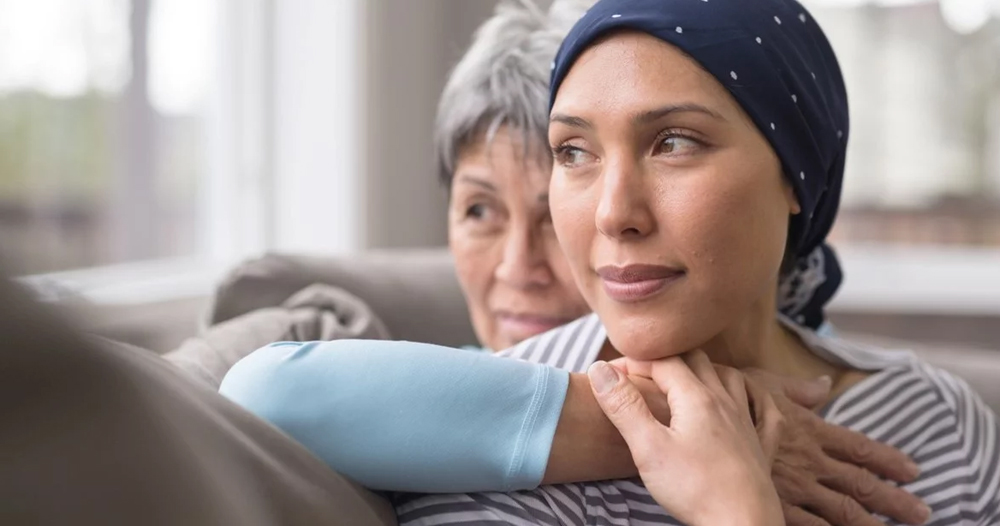 Optimism is good for your heart, too.
Optimism is good for your heart, too.
Fortunately, here are some tips for dealing with stress from the National Institutes of Health’s Emotional Wellness Toolkit by way of the American Cancer Society:
- Spend time with family and friends. While you are social-distancing, this may mean more texts and phone calls, experimenting with video calling, sending an email or e-card, or joining online support groups.
- Keep a good outlook, develop healthy habits, and focus on the positive experiences in your life.
- Go outside when you can, get regular physical activity, and eat a healthy diet.
- Get plenty of sleep, and try out books, websites, apps, and videos that can help you relax.
- Find ways that help you laugh, like talking with other upbeat people, playing games, and watching movies.
- Do things you’ve been wanting to do at home, like de-clutttering, trying new recipes, or reorganizing cupboards and closets.
- Focus on your spiritual side by reading, participating in online discussions, or communing with nature, journaling, meditating, or creating art.
“Don’t hesitate to talk to your cancer care team when you’re feeling stress that’s hard to handle,” writes the American Cancer Society. “Remember that every person is different, and your cancer care team can help you find the best action to take based on your own situation. Support and help are available, including medicines, counseling, or a combination.”
How Vital Is Physical Activity for Cancer Patients in the Time of Coronavirus?
What can we do while we’re at home due to coronavirus?
Get physical activity and eat right! These are especially important for cancer patients.
“There is growing evidence that cancer survivors who have these healthy habits have better quality of life and might have better treatment outcomes,” according to the American Cancer Society.
Certain groups, including Latinos and those who have cancer, face many barriers when it comes to meeting recommendations for physical activity.
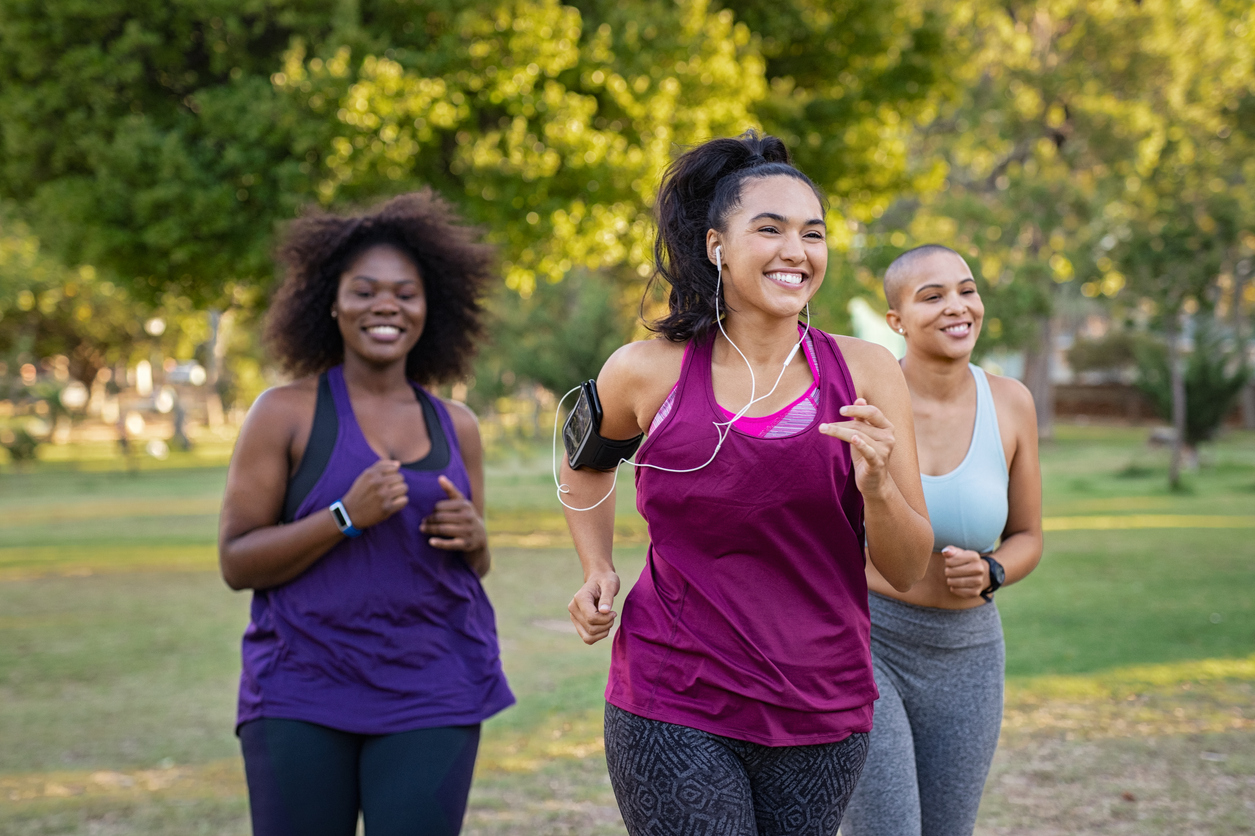 But you don’t need a gym membership!
But you don’t need a gym membership!
Examples of moderate-intensity activities include walking, biking, swimming, dancing, gardening, house work, golf, tennis, yoga, and water aerobics.
The American Cancer Society has a long list of suggestions, including:
- Stand up or walk around while you read and answer emails and other messages on your laptop or phone.
- During conference calls, stand up and pace, or stay seated and do leg lifts, knee lifts, and toe curls.
- Take a walk outside if it’s a nice day or walk inside around the house if it isn’t.
- Do squats when cleaning out closets or playing with your children.
- Make a new rule: No sitting during commercials.
- Use stay-at-home time for projects you may have been putting off.
How Vital Is Health Eating for Cancer Patients in the Time of Coronavirus?
Access to healthy food is already a problem for many people, including Latinos.
Grocery hoarding and panic-driven food shortages complicate this during the coronavirus outbreak.
But cancer patients especially should try to cut down on fat, salt, and sugar at home.
“The American Cancer Society recommends eating a variety of vegetables and fruits, choosing breads, pastas, and cereals made from whole grains instead of refined grains, and brown rice instead of white,” according to their website. “Eat less processed meat, less red meat, and fewer sweets, and drink less alcohol.”
Check out their full recommendations for eating healthy at home.
Coronavirus Tips For Cancer Patients in San Antonio
The health and safety of people is top priority at the Mays Cancer Center at UT Health San Antonio.
That is why the cancer center, which is currently open for cancer care, is taking all the proper precautions during the coronavirus COVID-19 pandemic.
![]() “Our team is also monitoring the COVID-19 situation worldwide and locally and is taking action to prevent transmission of the disease,” according to the cancer center website. “We rely on information provided by the CDC, WHO, the U.S. State Department, state and local health departments, and on-campus public health experts to guide decisions concerning our operations and maintain a safe environment for our patients.
“Our team is also monitoring the COVID-19 situation worldwide and locally and is taking action to prevent transmission of the disease,” according to the cancer center website. “We rely on information provided by the CDC, WHO, the U.S. State Department, state and local health departments, and on-campus public health experts to guide decisions concerning our operations and maintain a safe environment for our patients.
Outside of San Antonio, other cancer centers are responding to COVID-19, too.
The Mays Cancer Center is a part of a new national COVID-19 and Cancer Consortium (CCC19). The consortium includes 55 cancer experts from 30 institutions, including cancer centers.
CCC19 aims to use a survey website to collect prospective, granular, uniformly organized information on cancer patients infected with COVID-19 as rapidly as possible.
“We hope to learn a significant amount about cancer patients infected with COVID-19 in a short period of time.” writes Dr. Jeremy Warner, deputy editor, HemOnc.org. “Given that certain findings may have practice-changing implications, we plan to disseminate critical findings immediately.”
“We also anticipate using the survey tool to collect long-term outcomes on patients who have recovered from the acute COVID-19 illness, as the effects in the weeks and months after diagnosis remain to be ascertained.”
What More Can Cancer Care Providers Do about Coronavirus COVID-19?
In a Lancet study, researchers propose three major strategies amid the coronavirus outbreak:
- Consider intentionally postponing patient adjuvant chemotherapy or elective surgery for stable cancer in endemic areas.
- Make stronger personal protection provisions for patients with cancer or cancer survivors.
- Consider more intensive surveillance or treatment when patients with cancer are infected with SARS-CoV-2, especially in older patients or those with other comorbidities.
“[The coronavirus situation is] a timely reminder to physicians that more intensive attention should be paid to patients with cancer, in case of rapid deterioration,” according to the researchers.
Check out resource pages from the American Society of Clinical Oncology and National Comprehensive Cancer Network.
How Can Cancer Patients and Survivors Prepare for an Emergency/Disaster?
If the situation grows into a dire emergency, cancer patients should prepare.
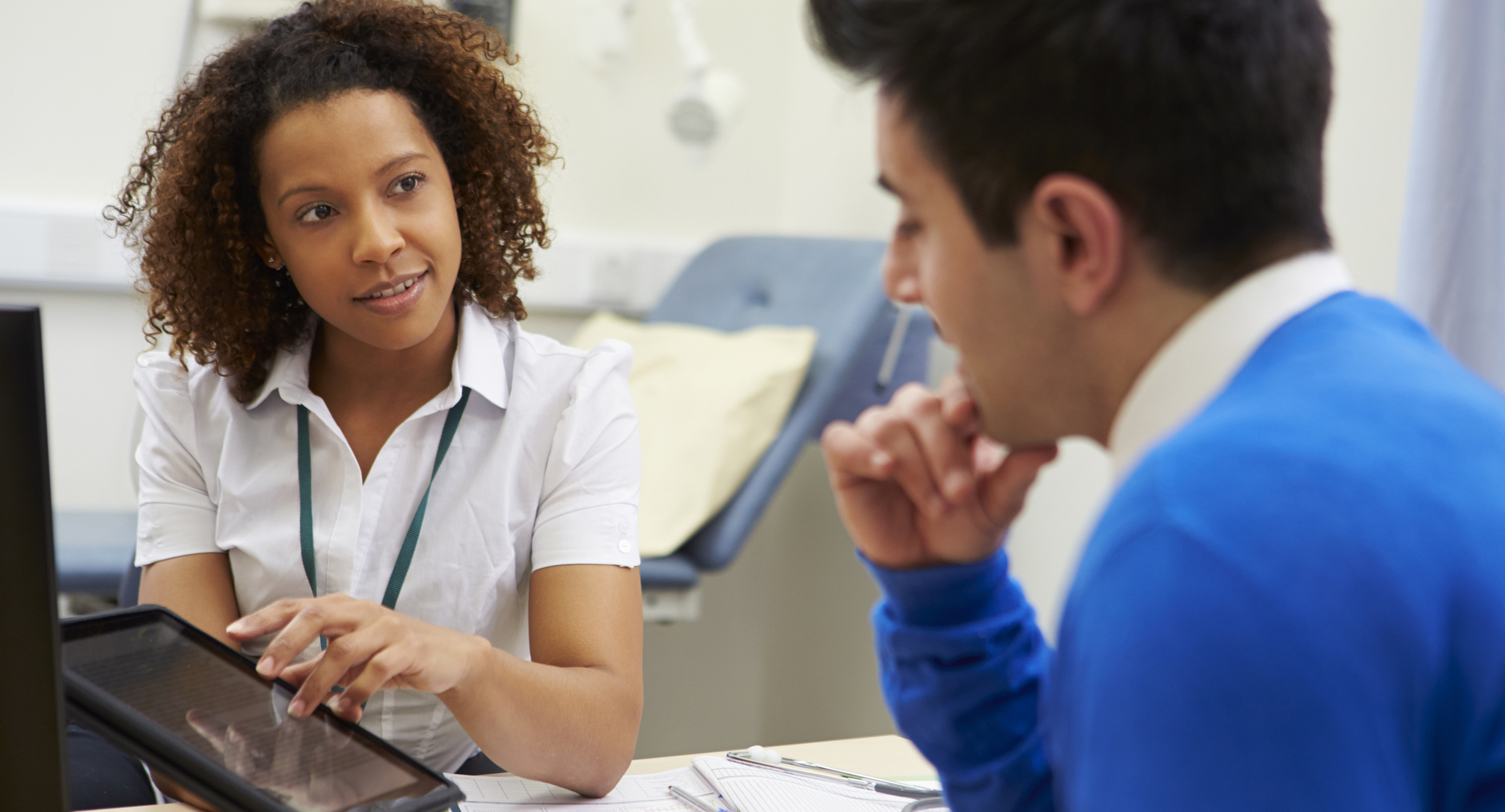 The American Cancer Society suggests:
The American Cancer Society suggests:
- Planning with your health care provider.
- Planning with your family and friends.
- Creating your personal plan.
The National Cancer Institute and American Society of Clinical Oncology also created a free wallet card in English and Spanish for patients with both disaster contact resources and critical patient information.
“Being prepared for a disaster is important for everyone, but cancer patients need to go beyond preparing for these events—they must also prepare for the disruptions to their cancer care caused by a disaster,” according to the American Cancer Society.
By The Numbers
142
Percent
Expected rise in Latino cancer cases in coming years

